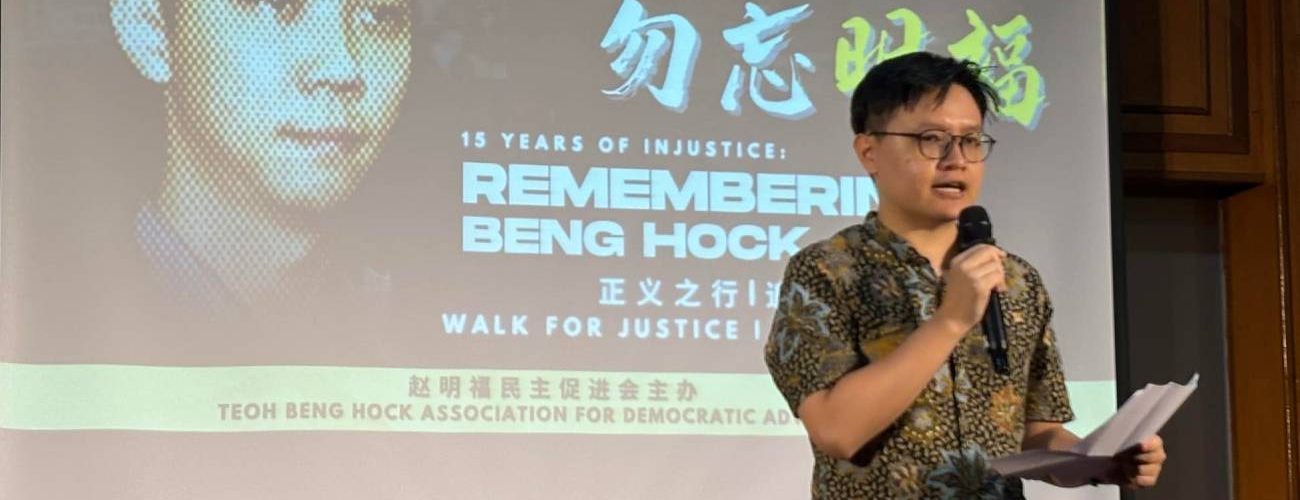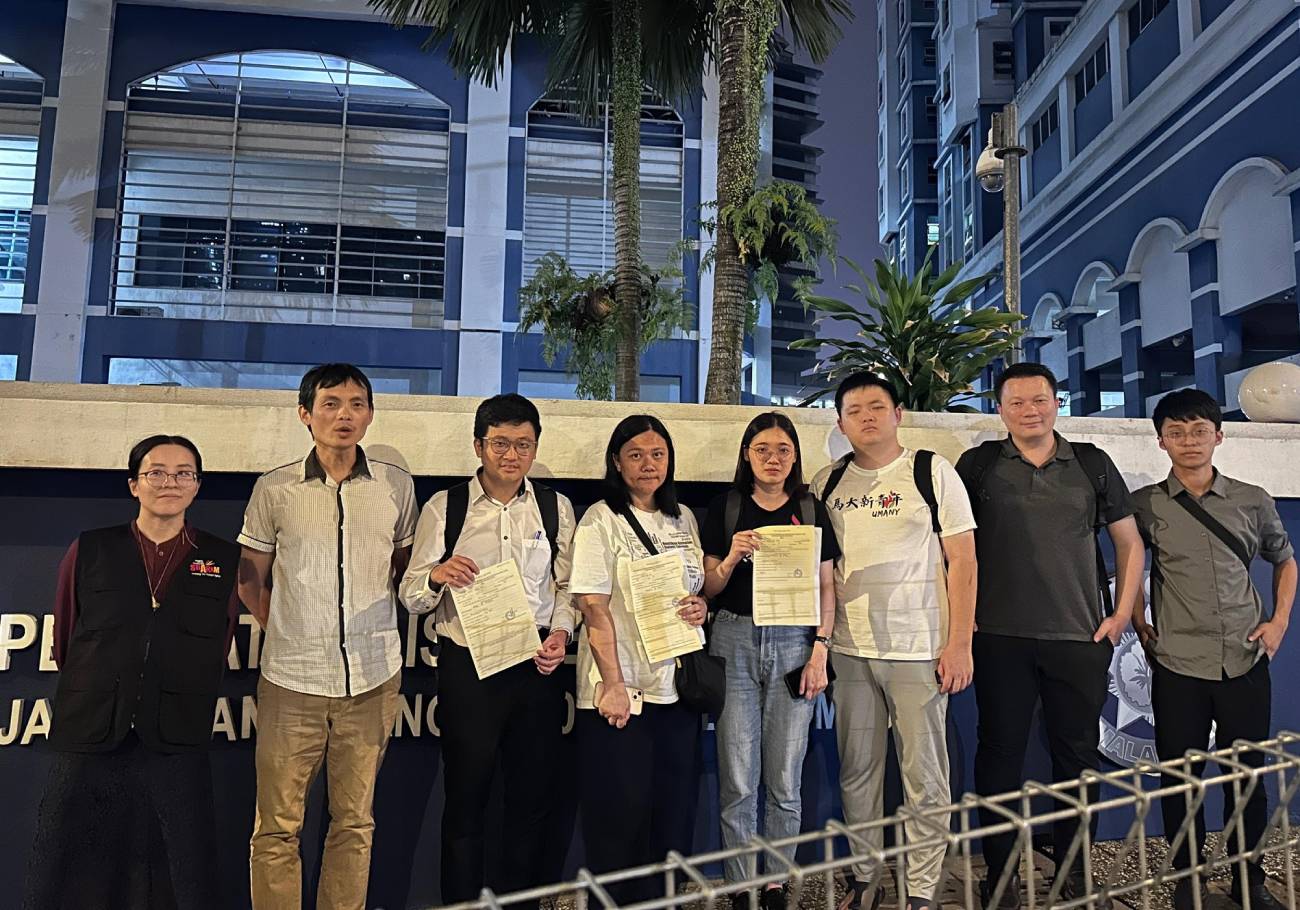
The Teoh Beng Hock Association for Democratic Advancement (TBH-ADA) remains a key player in Malaysia’s ongoing struggle for justice and human rights.
TBH-ADA was founded in response to the tragic and suspicious death of political aide Teoh Beng Hock while in custody at the Malaysian Anti-Corruption Commission (MACC) in 2009.
The organisation has since grown into an organisation deeply committed to addressing the systemic issues that contributed to this tragedy.
TBH-ADA not only seeks justice for Teoh Beng Hock but also advocates for broader legal reforms, human rights education, and democratic advancements in Malaysia.
TBH-ADA advocating for legal reforms
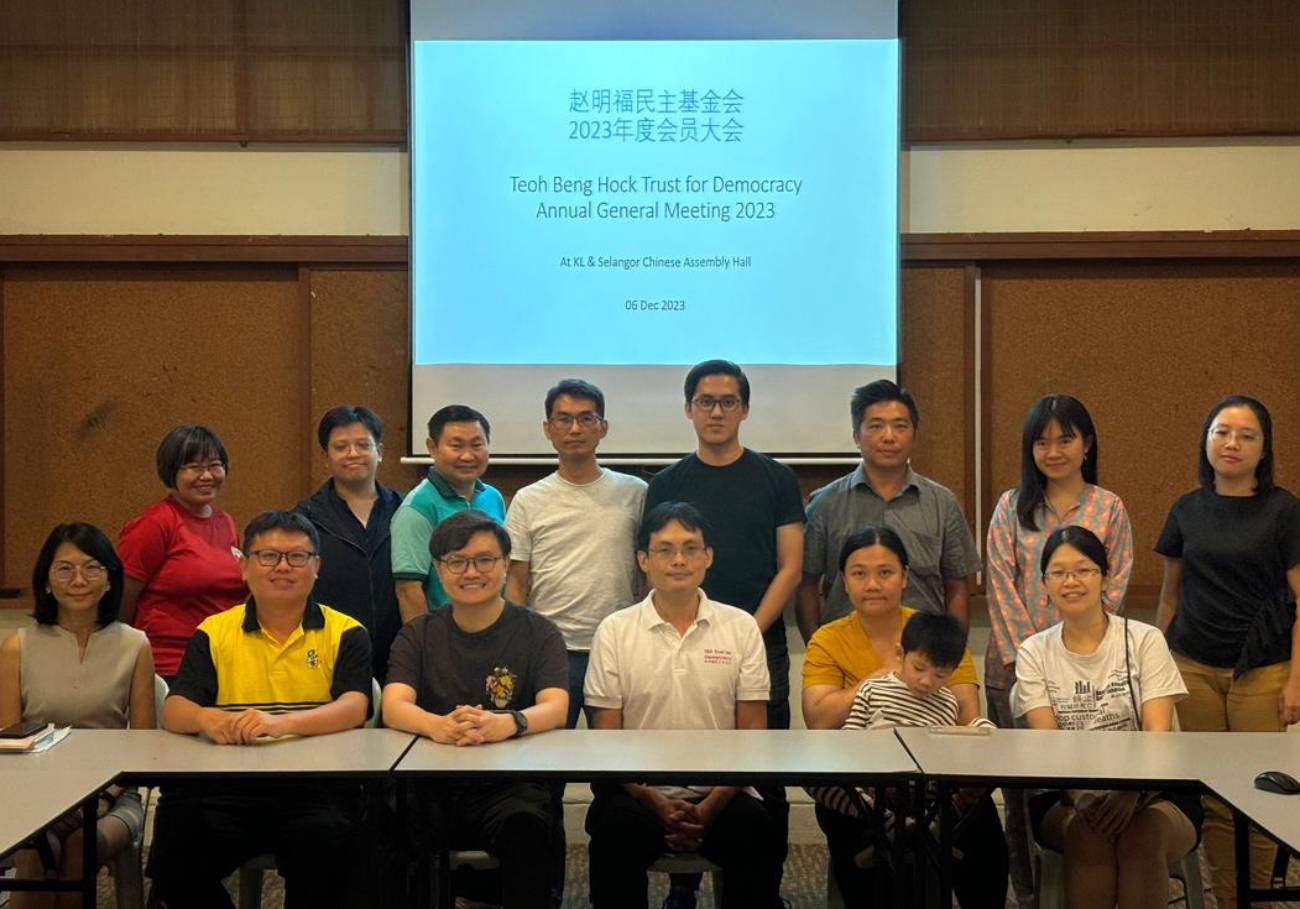
At the heart of TBH-ADA’s mission is the pursuit of legal reforms to prevent custodial deaths, a serious issue in Malaysia.
Teoh Beng Hock’s death, under suspicious circumstances while in MACC custody, sparked widespread outrage and highlighted the flaws in the custodial practices within the country.
Since its inception, TBH-ADA has been at the forefront of campaigning for the amendment of Section 30 of the MACC Act, which currently allows for indefinite interrogation times.
This, according to TBH-ADA Chairman Ng Yap Hwa, amounts to “torture” and is a key area where reform is urgently needed.
“The existing law gives too much leeway for abuse,” explained Ng, who is also a human rights and labour activist.
“We need to ensure that no one else suffers the same fate as Teoh Beng Hock.”
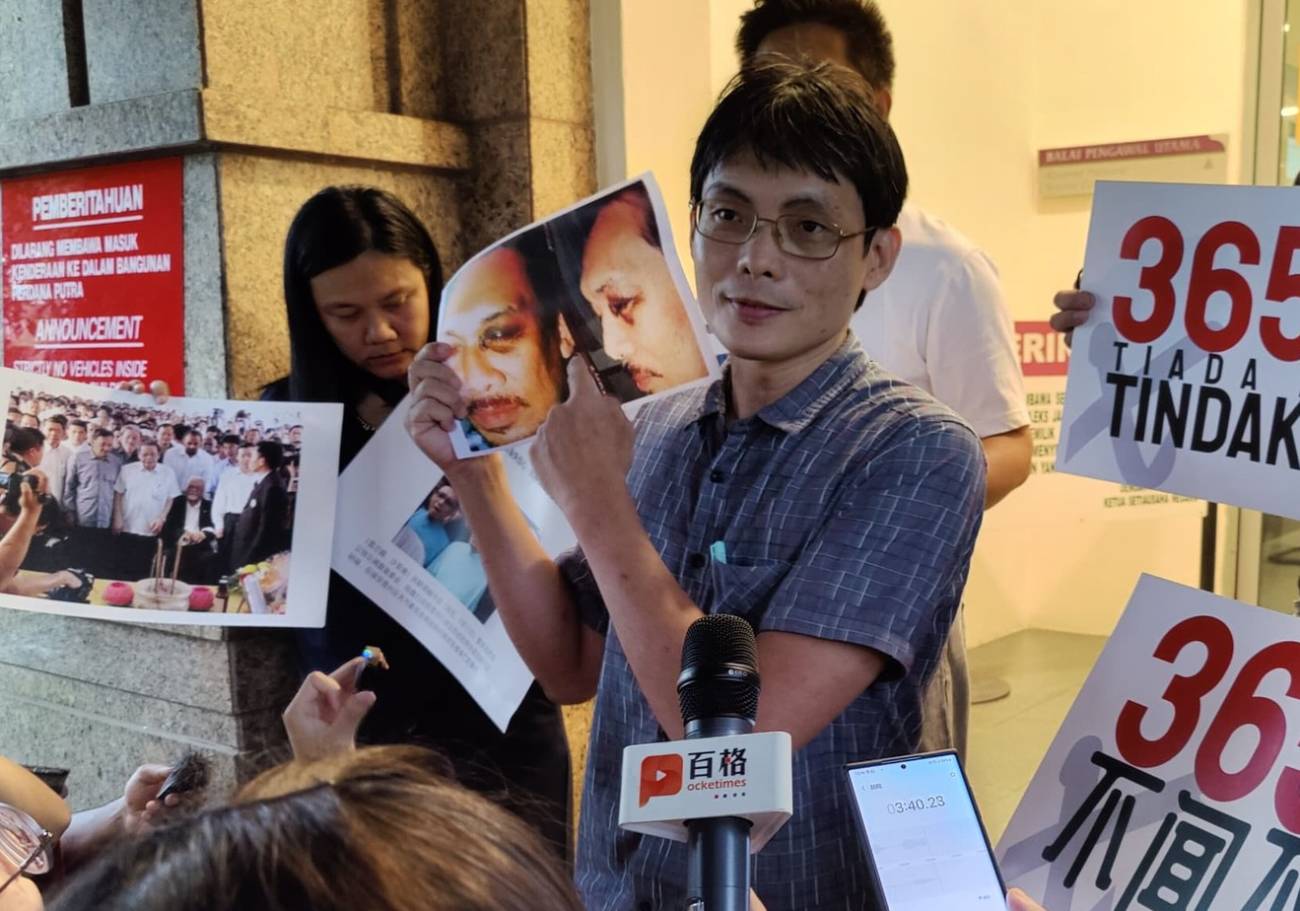
The organisation is also advocating for the establishment of an independent coroner’s court, which would be tasked specifically with investigating custodial deaths.
This would bring much-needed impartiality to investigations that have historically been handled internally by the very institutions under scrutiny.
Moreover, TBH-ADA is pushing for the enactment of an Anti-Torture Act, aimed at preventing torture and inhumane treatment in custody.
This legislation would be a significant step towards ensuring that Malaysia aligns with international human rights standards and addresses the root causes of custodial deaths.
Ng highlighted the importance of this initiative: “Legal reforms are essential to prevent tragedies like Teoh Beng Hock’s death from happening again. We need systemic change to protect the vulnerable.”
Empowering the next generation
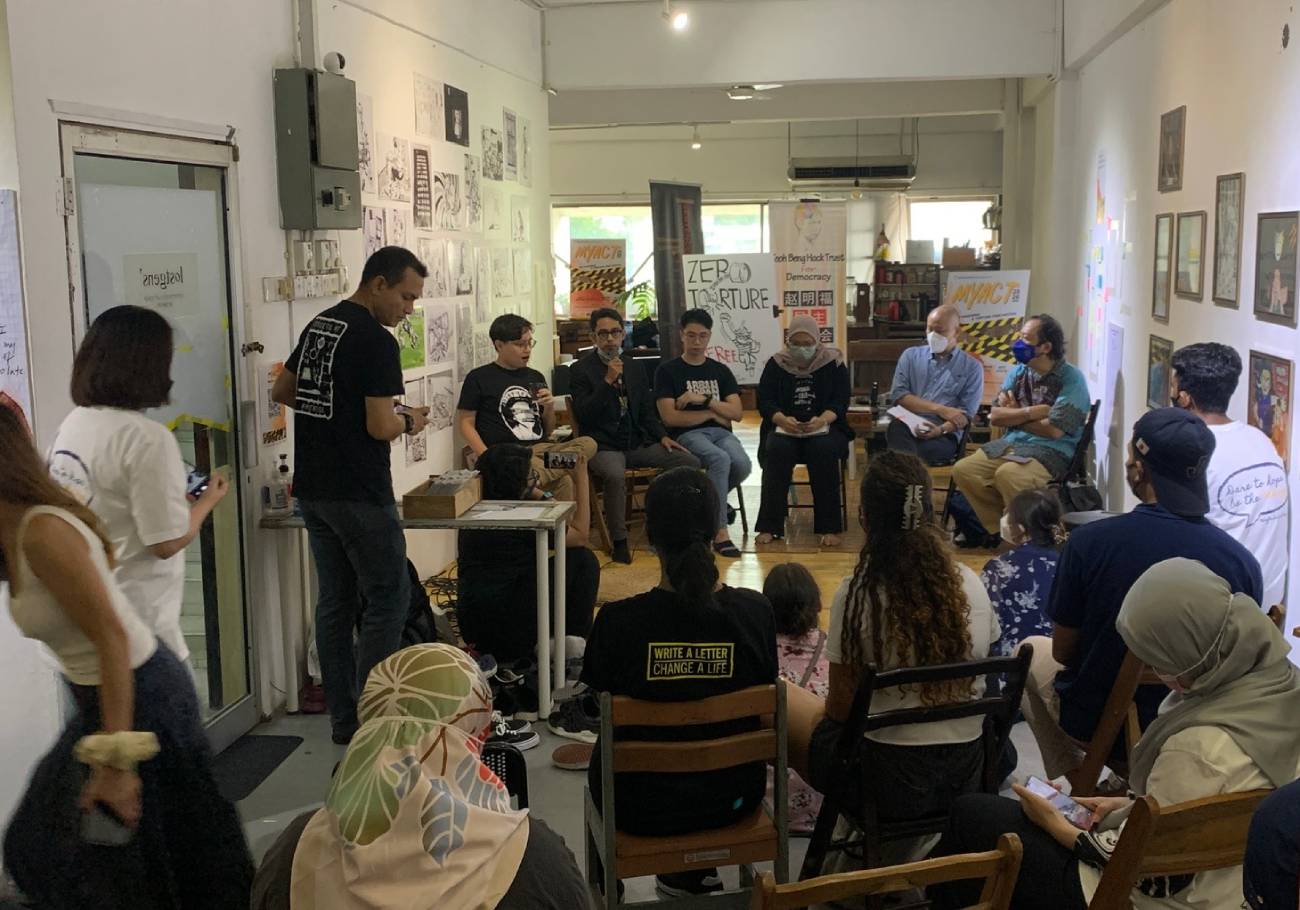
Beyond its legal advocacy, TBH-ADA is dedicated to educating Malaysia’s youth about human rights and democracy.
Recognising that the younger generation will shape the future of the nation, TBH-ADA has made it a priority to engage with students and young activists through human rights camps and educational programmes.
Over the past decade, the organisation has organised numerous human rights camps, specifically targeting undergraduate students to raise awareness about their civil, political, social, economic, and cultural rights.
These camps are designed to be interactive and engaging, using a mix of workshops, discussions, and games to help participants better understand complex concepts.
“We believe that hands-on, face-to-face learning is crucial for deepening young people’s understanding of human rights,” Ng noted.
“The online information is abundant, but nothing compares to the impact of direct engagement.”
The camps have been well-received, with many participants going on to become human rights activists, labour rights advocates, and even political aides.
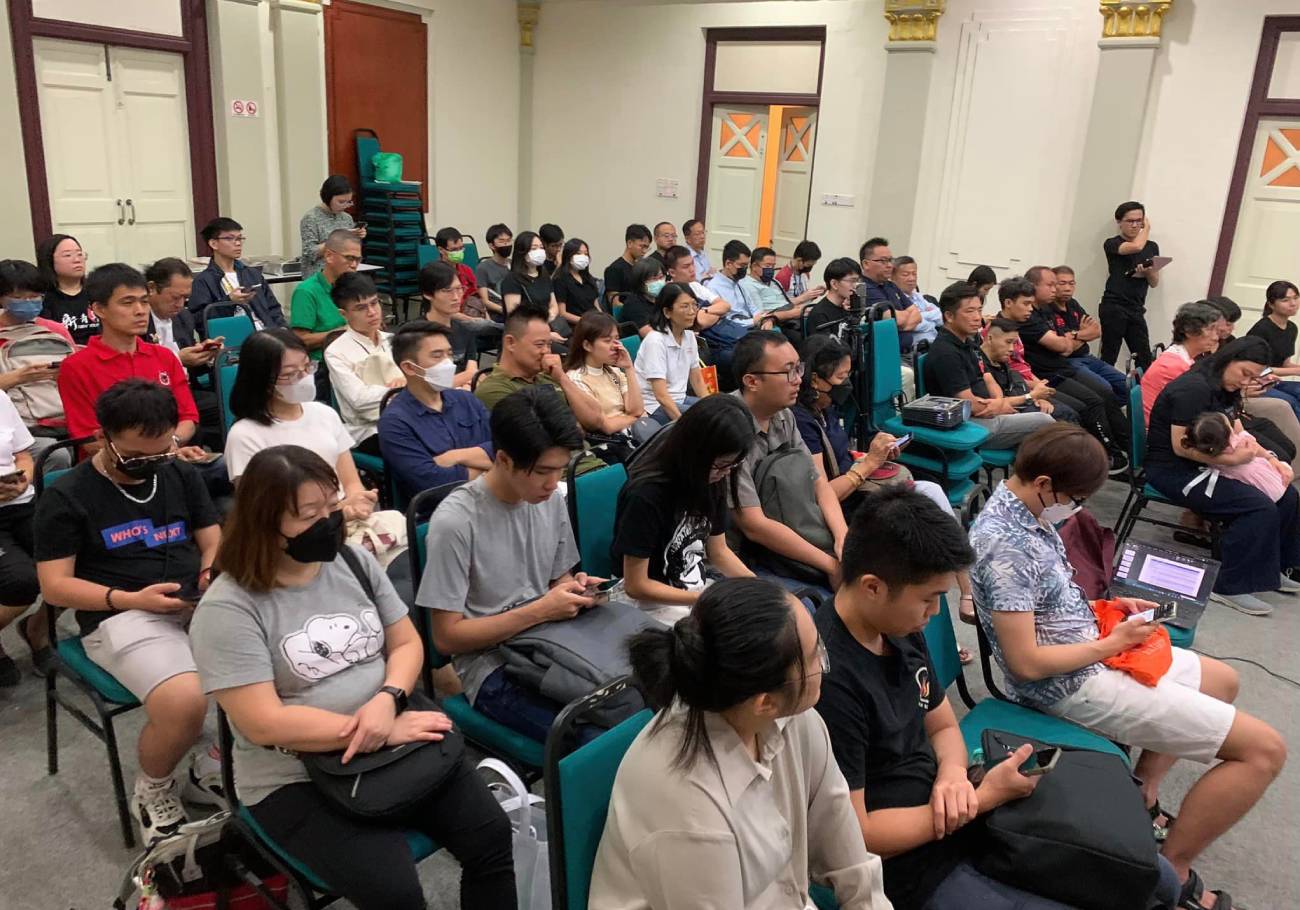
Despite the success of these camps, TBH-ADA faces significant challenges in organising them regularly.
The financial burden is substantial, with each camp costing more than RM10,000 to organise.
These costs include materials, venue rentals, and logistical support, making it difficult for the organisation to hold these camps as frequently as they would like.
Ng expressed concern over the sustainability of these initiatives, stating, “While we’ve seen tremendous enthusiasm from the participants, the financial strain is a major hurdle.
We rely heavily on donations and public support to keep these programmes running.”
Overcoming challenges through public support
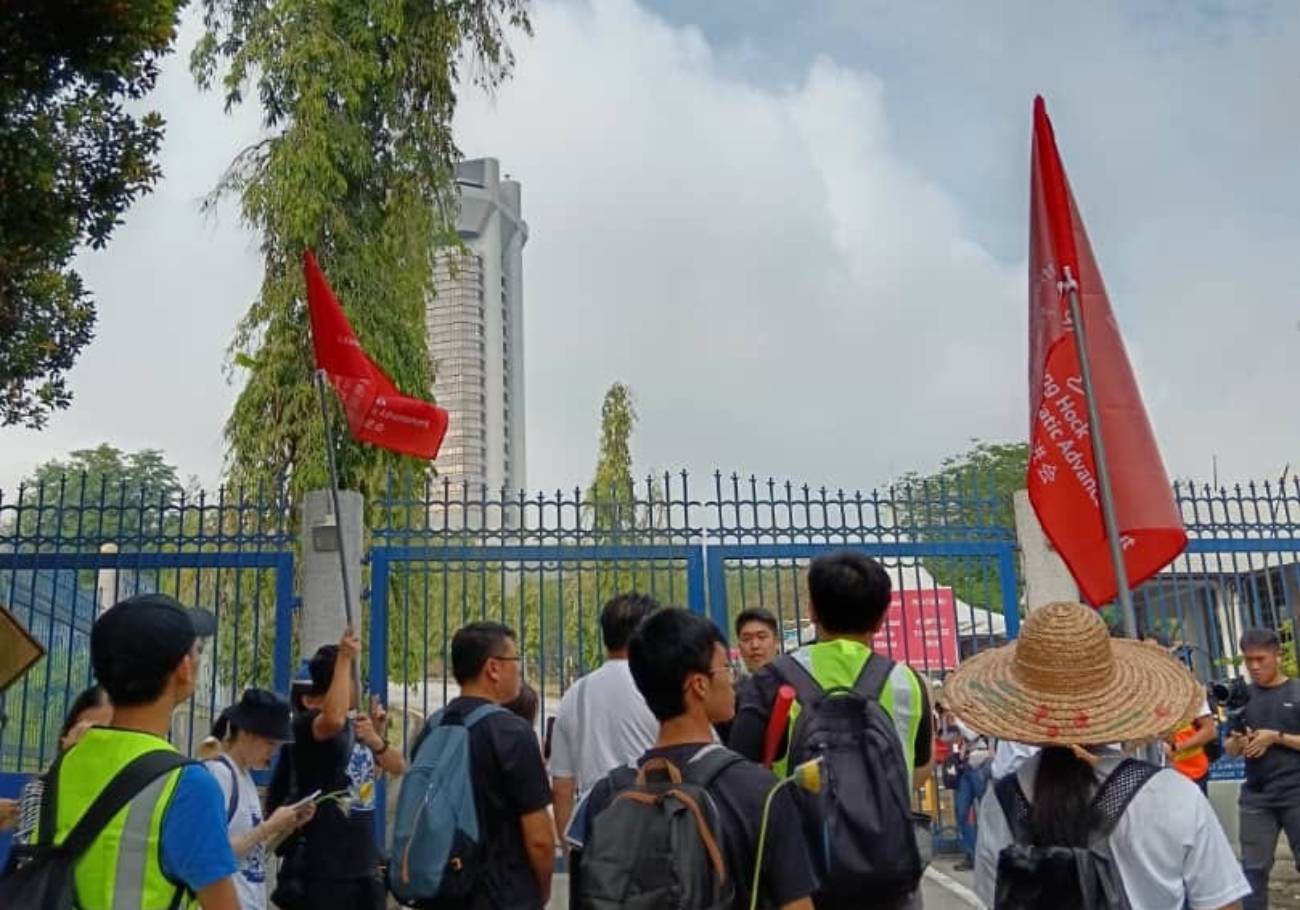
TBH-ADA’s efforts to advocate for justice, democracy, and human rights are not without challenges.
The organisation operates without full-time staff, relying instead on a dedicated team of volunteers and public donations.
This model, while cost-effective, also limits the organisation’s capacity to expand its activities and reach.
“All of us, the committee members or our volunteer group, we are not paid.
All the funds raised from the public are channeled to this activity 100%,” Ng emphasised, highlighting the grassroots nature of TBH-ADA’s operations.
To sustain its activities, TBH-ADA has turned to platforms like Sokong, a fundraising platform that has become crucial in supporting the organisation’s work.
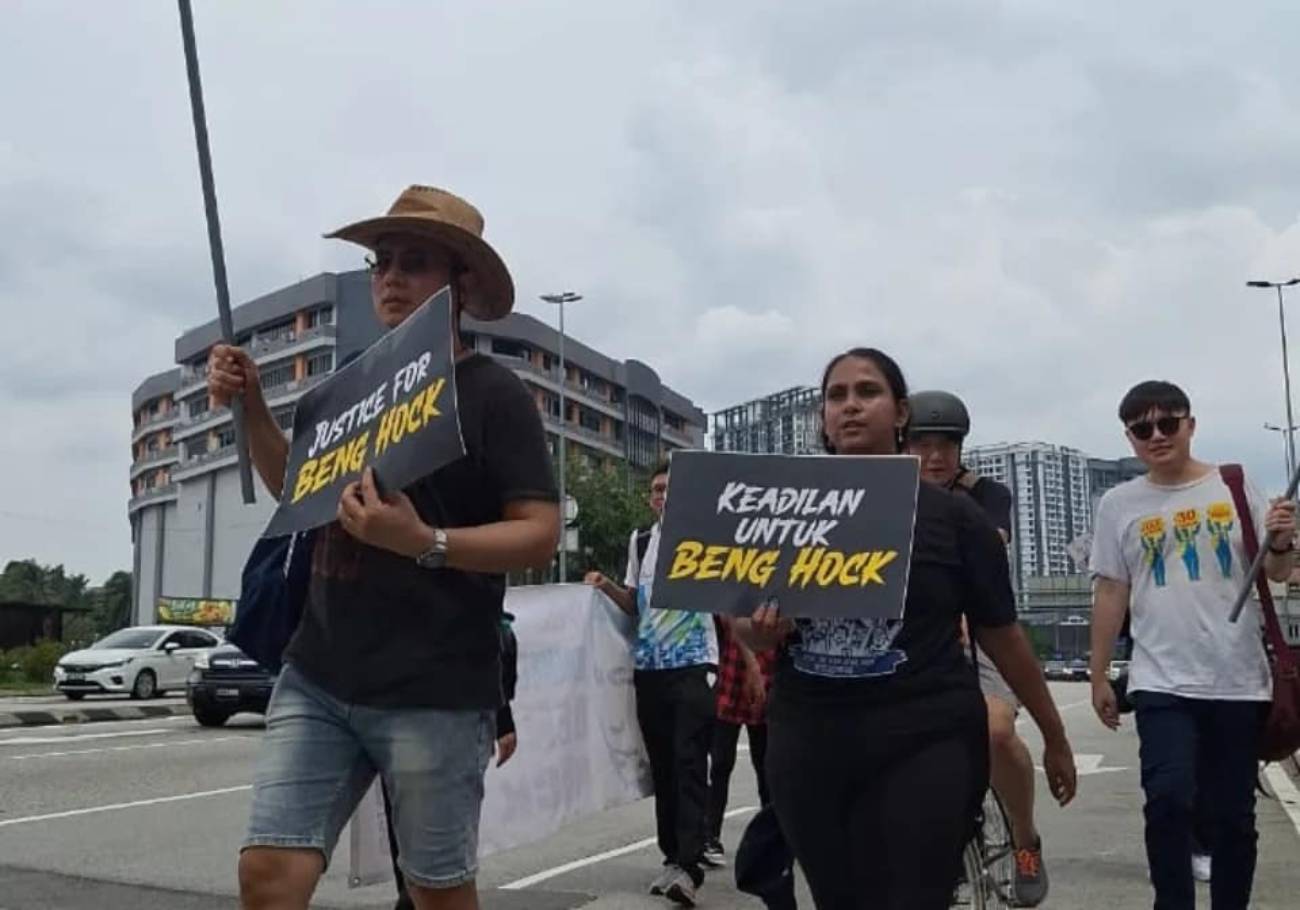
Public contributions through Sokong enable TBH-ADA to continue its wide-ranging efforts, from organising human rights camps to holding memorial events and advocating for legal reforms.
Ng explained the importance of these donations: “We’ve received some support from members of parliament, but relying on political support isn’t sustainable in the long term.
Public backing is crucial. Even those who can’t contribute their time can still support us through monetary donations.”
One of the key initiatives supported by public donations is TBH-ADA’s “Walk for Justice” and other memorial events, which have played an instrumental role in keeping Teoh Beng Hock’s memory alive and advancing the broader cause of human rights in Malaysia.
These events serve not only as a reminder of the need for justice but also as a rallying point for the community to come together in support of democratic values and human rights.
TBH-ADA: A lasting impact on human rights and democracy
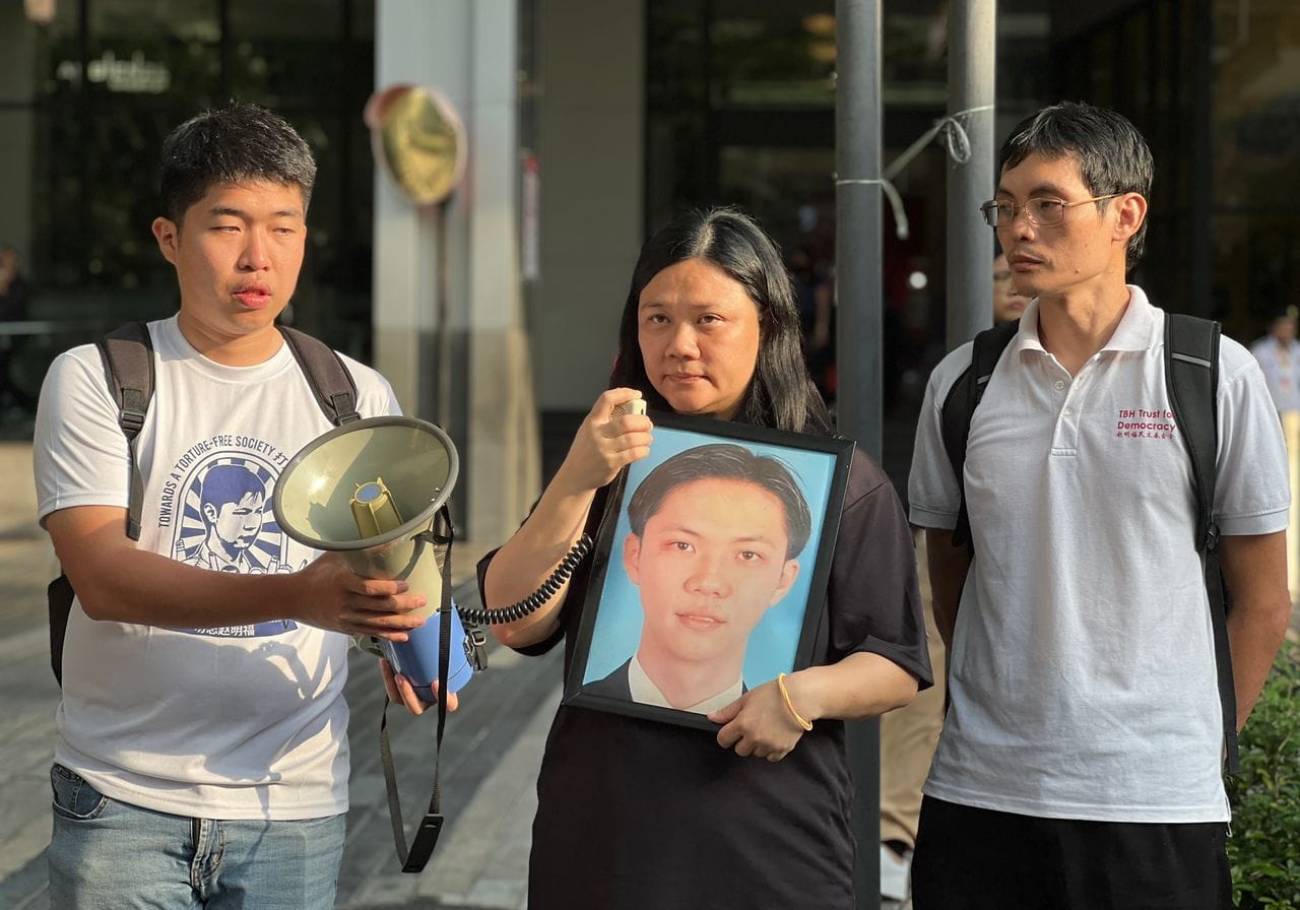
Over the years, TBH-ADA has made a significant impact on Malaysia’s human rights and democracy landscape.
The organisation’s relentless advocacy has brought much-needed attention to the issue of custodial deaths, and its human rights camps have inspired a new generation of activists.
Ng pointed out that some alumni of these camps have gone on to become human rights activists, labour activists, and political assistants, reflecting the long-term impact of TBH-ADA’s educational efforts.
“I think youngsters, young people are really interested in finding information about human rights,” Ng remarked, underscoring the importance of these camps in shaping the future of human rights advocacy in Malaysia.
The organisation’s work has also contributed to a broader understanding of the systemic issues that lead to custodial deaths.
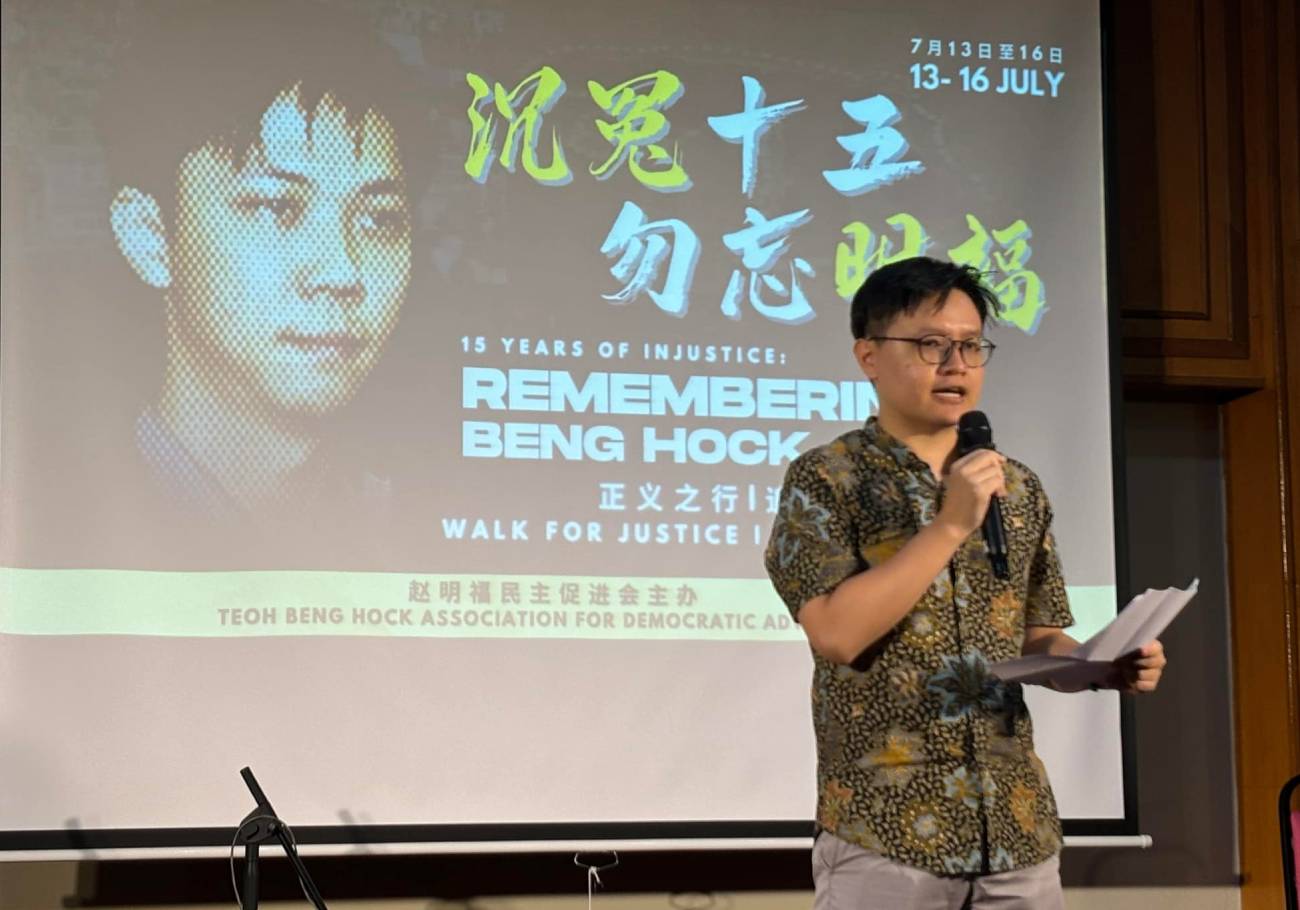
By advocating for legal reforms and raising public awareness, TBH-ADA is helping to create a more just and equitable society in Malaysia.
However, Ng acknowledges that there is still much work to be done.
“We’ve made progress, but the fight for justice is far from over. It’s a long journey, and we need continued support from the public to keep moving forward,” he said.
TBH-ADA’s work is a testament to the power of civil society in driving social change.
Despite the challenges, the organisation remains committed to seeking justice for Teoh Beng Hock and advocating for broader human rights and democracy reforms in Malaysia.
Public support is crucial for sustaining these efforts, and platforms like Sokong provide an important avenue for people to contribute to the cause.
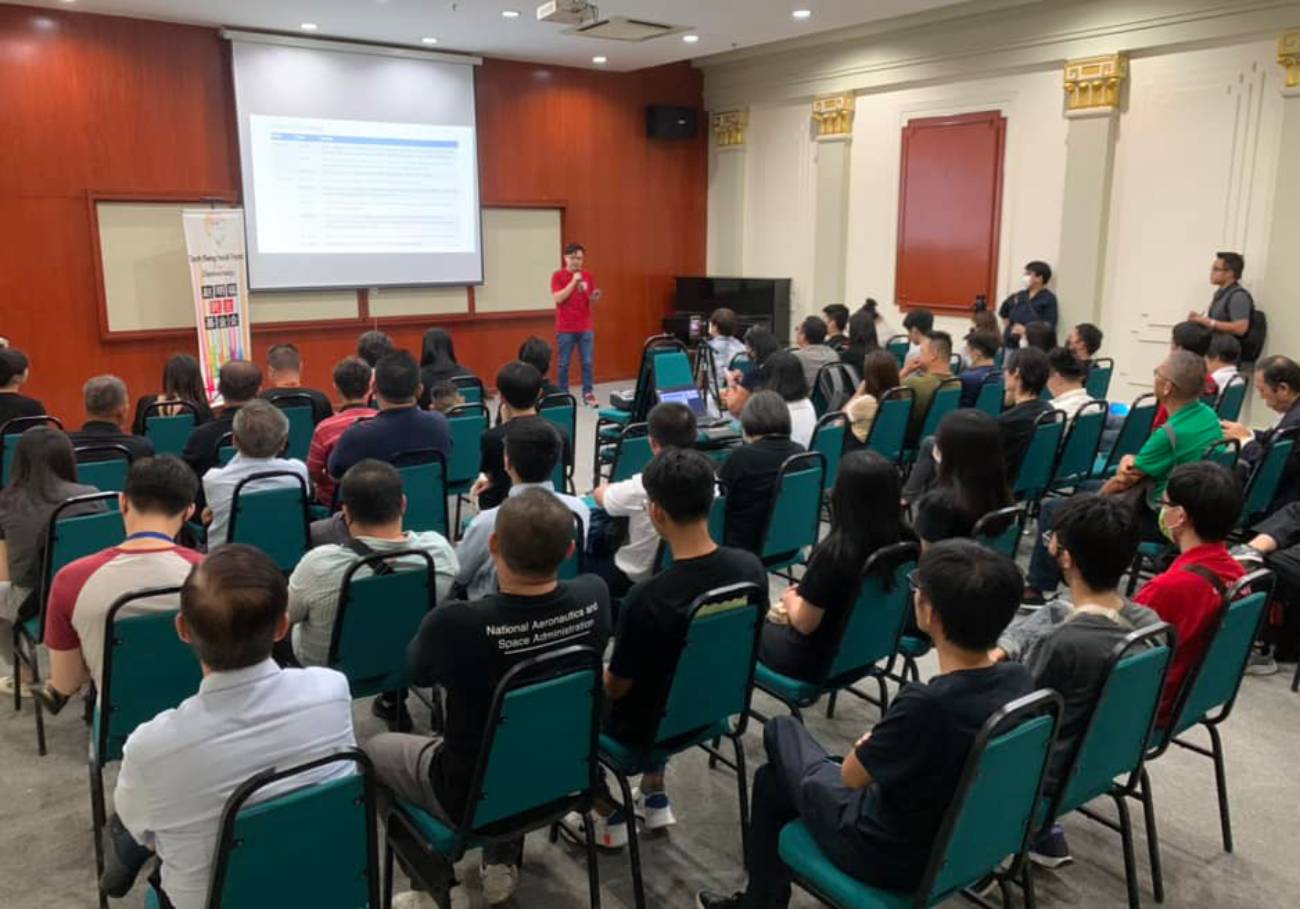
As Ng Yap Hwa aptly put it, “If we are doing something right, we should have the backup from the members of the public.”
By supporting TBH-ADA, the public can play a critical role in advancing justice and democracy in Malaysia, ensuring that Teoh Beng Hock’s legacy continues to inspire change and protect the rights of the vulnerable.
For more information and to donate to TBH-ADA please visit Sokong.org
Citizen’s Journal proudly joins hands with Sokong.org as the official media partner. Sokong.org is the platform connecting individuals with diverse organizations supporting various causes. Together, we foster collective action to create impactful change. Interested in supporting non-profit organizations and making a difference? Click this link for more information on how you can participate and contribute to meaningful initiatives.


